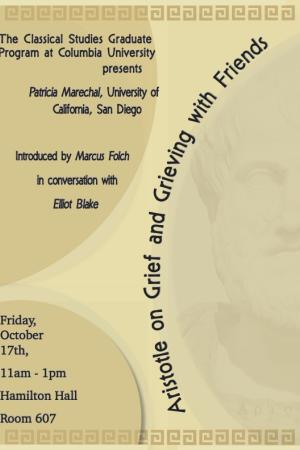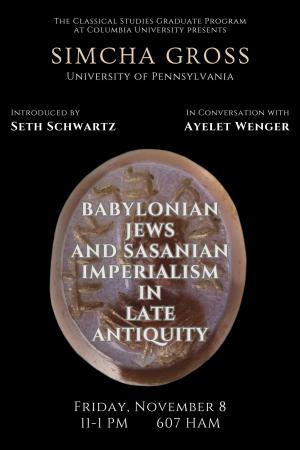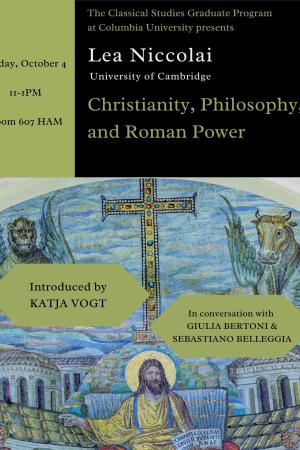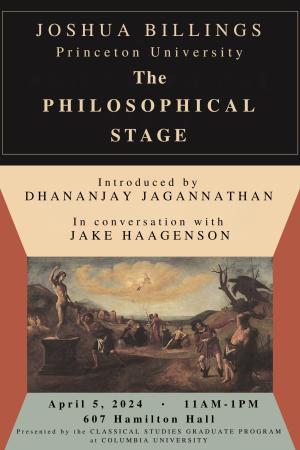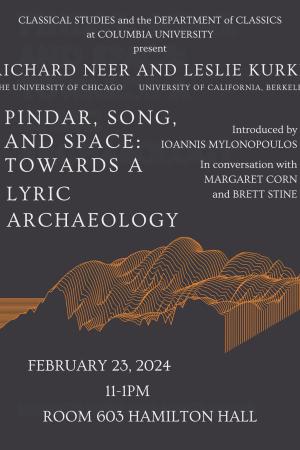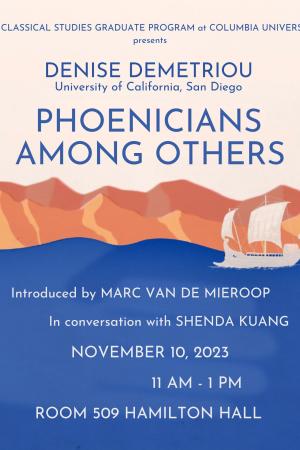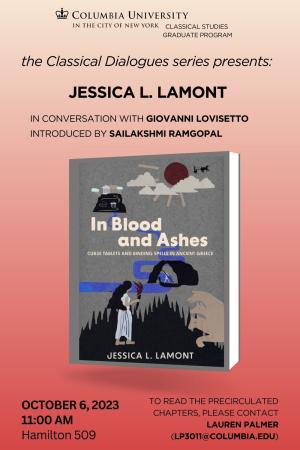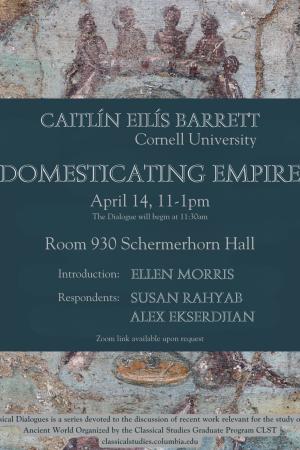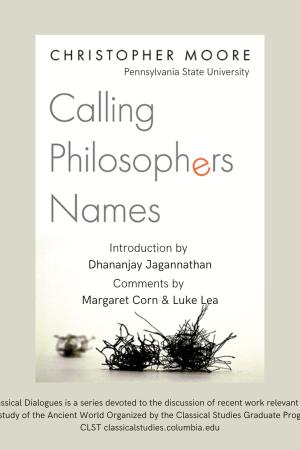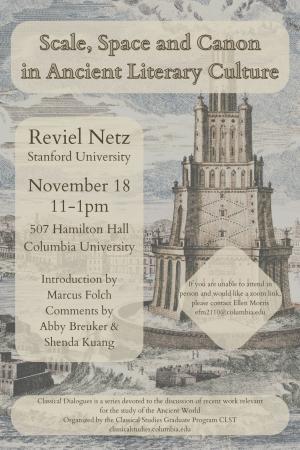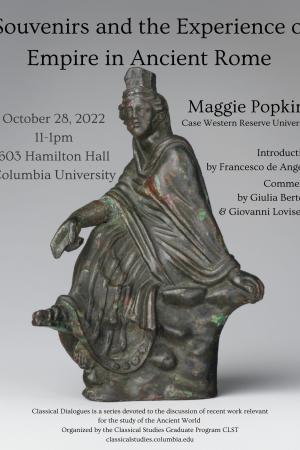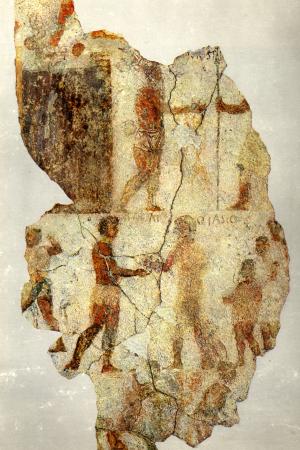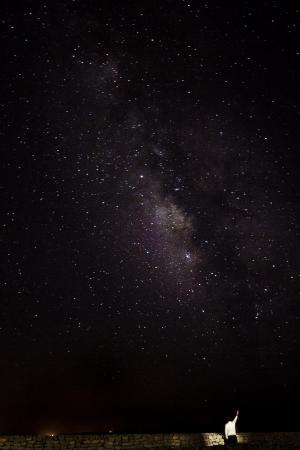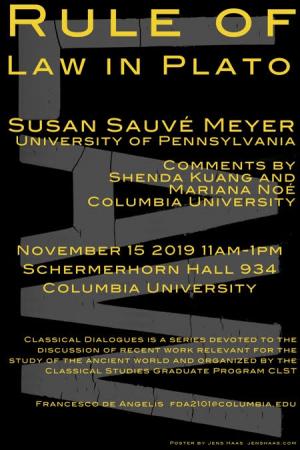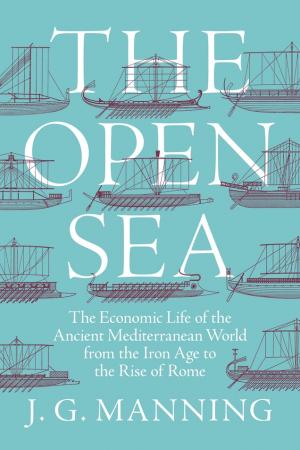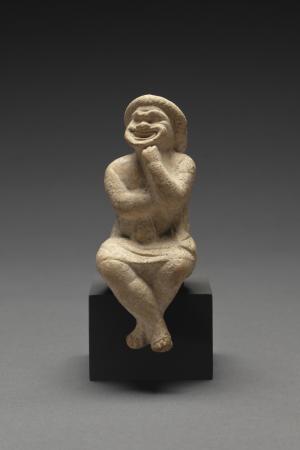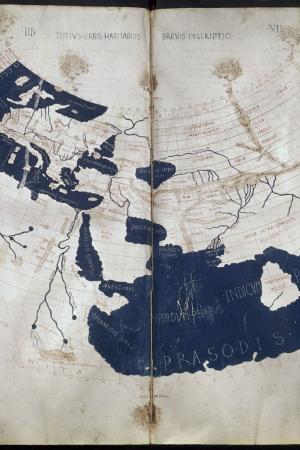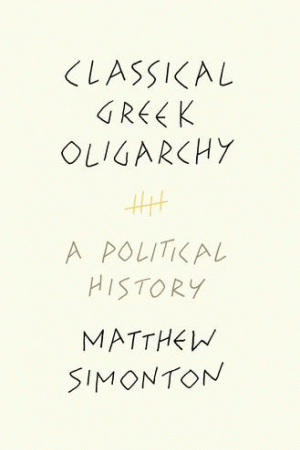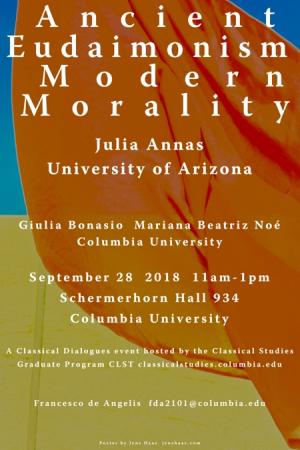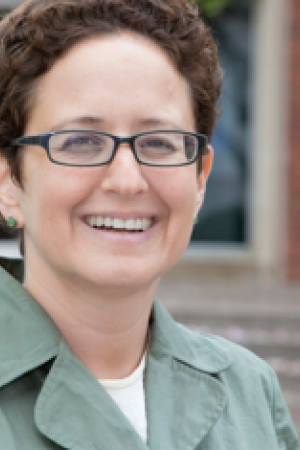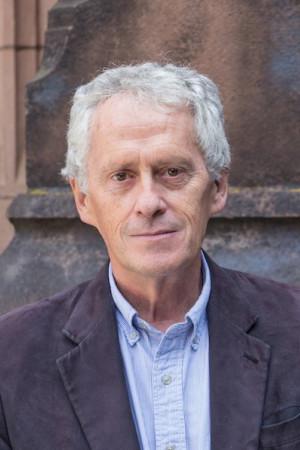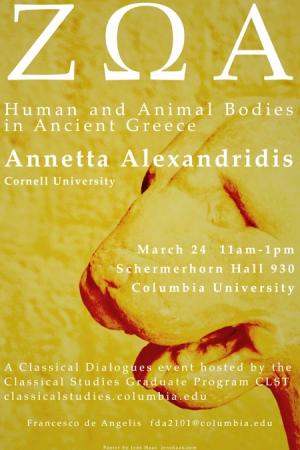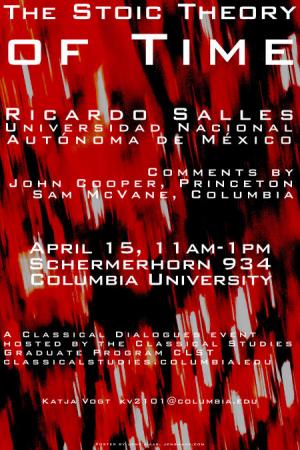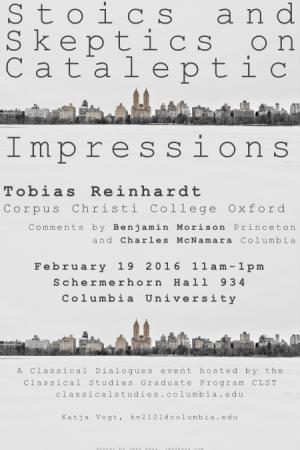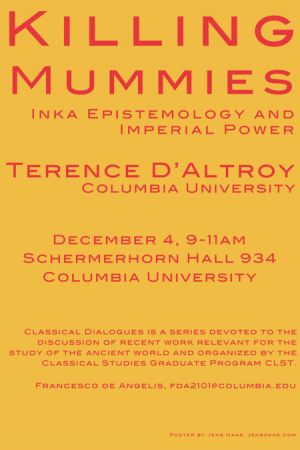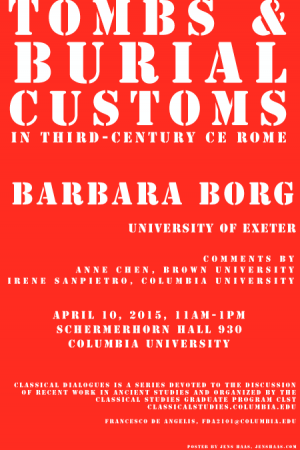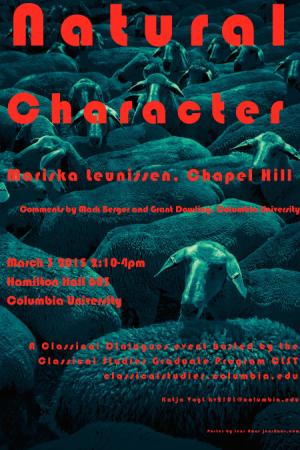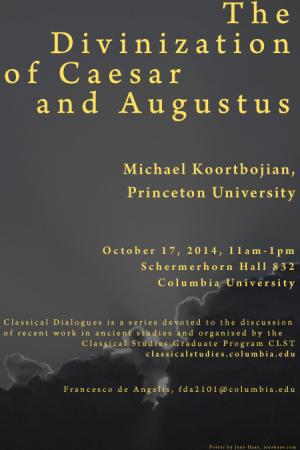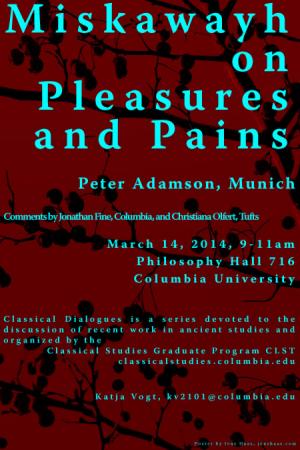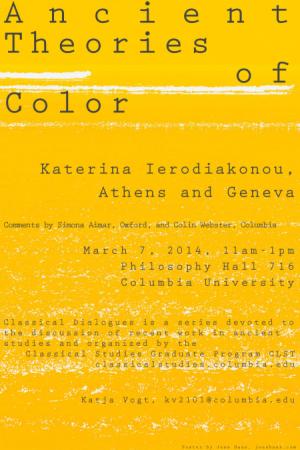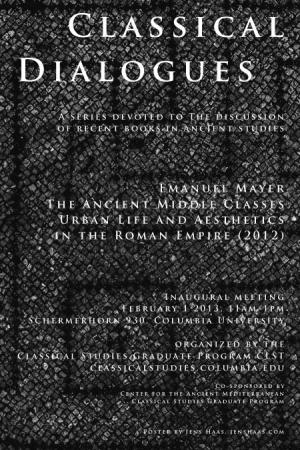 Networks Colonization, and Regional HybridityIrad Malkin Tel Aviv UniversityOctober 28, 2016 - October 28, 2016
Networks Colonization, and Regional HybridityIrad Malkin Tel Aviv UniversityOctober 28, 2016 - October 28, 2016
11:00am - 1:00pm -
Columbia University
As part of its Classical Dialogues series, the Classical Studies Graduate Program CLST at Columbia University is pleased to welcome Irad Malkin from Tel Aviv University. On Friday, October 28, 2016, 11AM–1PM, Professor Malkin will discuss his ideas about Mediterranean networks, Greek colonization, and regional hybridity. Location: Schermerhorn Hall 934, Columbia University.
The term “hybridity” as employed in post-colonial studies, has become increasingly popular among archaeologists and students of “contact zones.” How useful is it for understanding Greek colonization? Did Greeks actually found colonies or were they a mish-mash of migrants, intermingling with local women (the assumption is that mostly men came) and “native” society in general? Hybridity fits the latter model much better, although the model of the “mixed bags” of colonists has yet to be convincingly demonstrated, especially when it is flatly contradicted by most of the ancient sources. Moreover, “hybridity” implies that colonial regions, all the way from the Ukraine to Spain, would have become very different from each other, in contradiction to the network-oriented “Small Greek World” phenomenon (cf. I. Malkin, A Small Greek World 2011). Moreover I hope to show that Greek women must have arrived in significant numbers during the first generations and that “hybridity” gets into direct conflict with the notion of equality among colonists, exclusive of non-participants of the apoikia (“colony”).
In its Classical Dialogues series, the interdepartmental Classical Studies Graduate Program CLST at Columbia University invites authors of recent work in ancient studies that is exemplary for the kind of study that CLST aims to foster. All faculty and students at Columbia and beyond are cordially invited. CLST students are required to read carefully at least one chapter or article in advance and prepare questions and comments for discussion.
